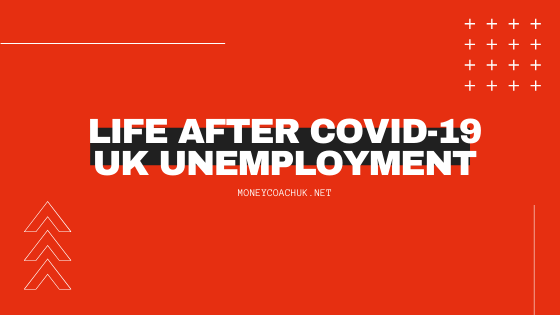In the last part of this series of blogs, I want to cover off commercial properties. These are different to residential properties for a number of reasons and therefore are subject to slightly different risks.
The value of a commercial property is based on the tenancy agreement (or lease) – which will provide an annual income in the form of rent. This is then used to generate a value based on the location, type and risk of the property based on the view of the mortgage lender.
Who owns these units? These are usually institutional investors – but also some smaller property investors are involved here. The risks are larger – but so are the rewards if it goes well.
The situation in the UK is that nobody is currently allowed outside – with all non-essential businesses forced to close. Whilst there is a promise from the government to provide loans to cover the shortfalls, many will either be ineligible, or it will arrive too late. Moreover, some large companies (see Brighthouse, Laura Ashley etc) who were already in trouble before this began, have already called in the administrators / are closing a number of stores.
The high street is going to be decimated for retailers – an acceleration of what the internet was doing already, but at 10x the speed. For restaurants and other entertainment venues (like cinemas etc) – there is going to be a large number of companies which will hope to survive the coming months, but already restaurants like Carluccio’s (which was already in trouble prior to this) has gone into administration. Generally there is high demand – people tend be attracted to restaurants and cinemas etc when life is ‘back to normal’.
However, aside from these – there will be a move away from high street banking as this period confirms that there is no need for a high street banking branch. Cheques can now also be paid in online and day to day banking is moving outside of the branch. This point ties together with the war against cash – something which I will cover at a later date!
With all of the above, there are going to be numerous empty high street properties. This means that, given the value of the property is based on the lease – these commercial property values drop significantly on a commercial valuation on a company balance sheet – this is where the banks / owners of these properties need to hold sufficient reserves to allow for this. The losses range into the millions when a company with a number of locations goes bust, and with these large gaps on a balance sheet – the risk is substantial.
So the opportunities are there for those who know what to do with commercial properties – the key is to see value where others do not. What can be done with these units? This is where creativity and problem solving come into play.
If you want to discuss potential ideas – or have any questions – just pop a comment in the box below and I’ll get back to you!






It will be a very interesting time ahead. How we interact socially and commercially could change dramatically with us getting used to new habits. There will be opportunity for many but a lot of companies will fall by the wayside before we emerge.
Completely agree – the high street has been crawling toward the cliff edge but this is the push. Huge transition upcoming – a social revolution with a change in consciousness. Companies that show more than just an egocentric view will have the best chance of surviving, identifying those early is the skill which will pay dividends.